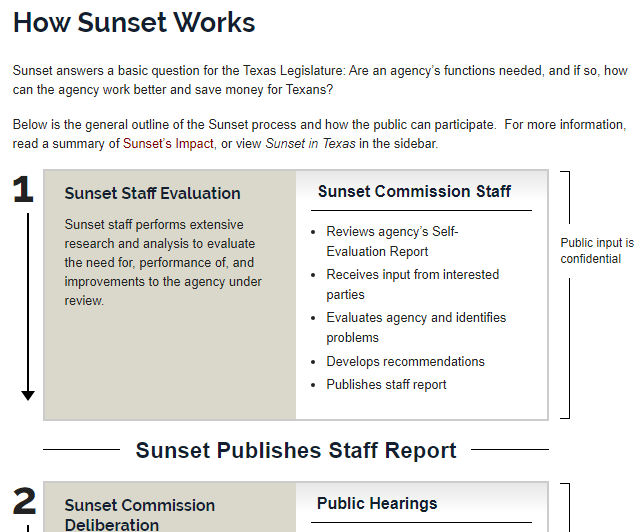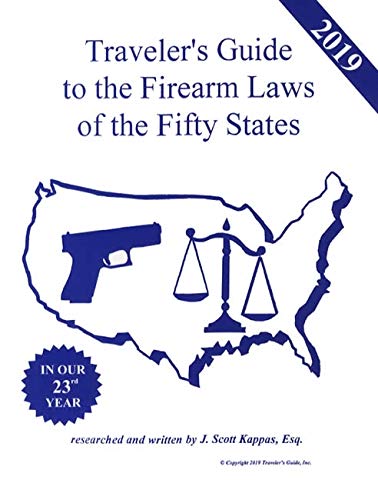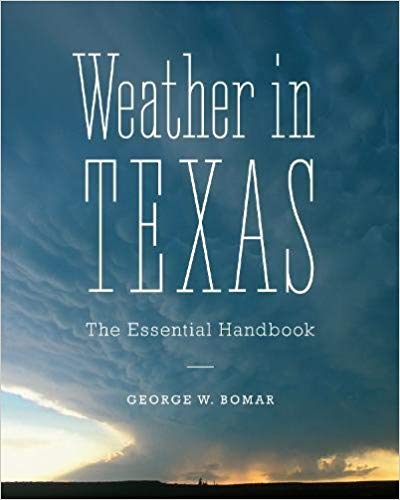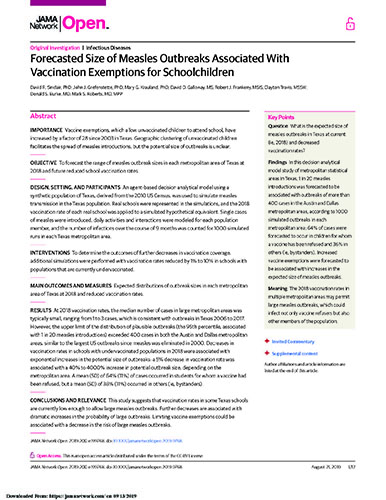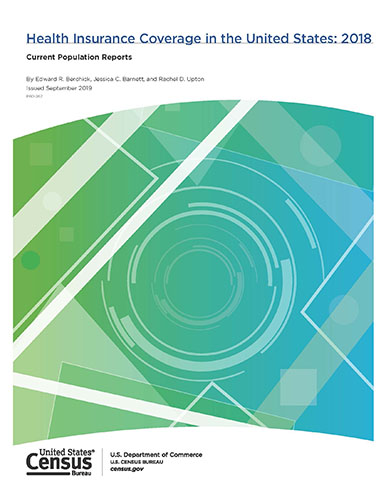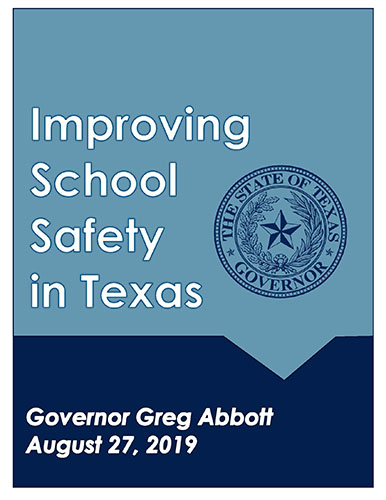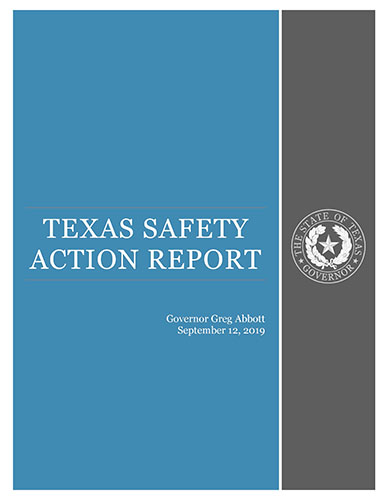The Texas Legislature has seen many siblings who have legislative service in common. As of 2019, there have been 46 sibling sets!* Read on for a list of brothers and sisters who have shared time in the Capitol (along with some interesting details about a few of these family units).
Ten sets of siblings have had overlap in their years of service (though not necessarily in the same chamber):
- Dennis Bonnen and Greg Bonnen
- Dennis serves in the House, 1997–present (75th–86th)
- Greg serves in the House, 2013–present (83rd–86th)
- William H. Bourland and James G. Bourland
- William served in the House, 1846–1849 (1st–2nd), and 1853–1855 (5th)
- James served in the Senate, 1846–1849 (1st–2nd)
- James Washington Guinn and Robert Guinn
- Robert served in the Senate, 1853–1870 (5th–11th)
- James served in the House, 1863–1866 (10th–11th)
- Ross Hardin and Doss Hardin The first and only twins to serve in the Texas Legislature. Read a speech given by Doss Hardin at Baylor University's 1939 "Convention of Twins" that was read into the Senate Journal record.
- Ross served in the House, 1935–1941 (44th–46th)
- Doss served in the Senate, 1938–1940 (45th–46th)
- Jim Keffer and Bill Keffer
- Jim served in the House, 1997–2017 (75th–84th)
- Bill served in the House, 2003–2007 (78th–79th)
- William Henry Pope and Alexander Pope In an act of brotherly devotion, Alexander died when shot by W.T.S. Keller "while endeavoring to prevent him from shooting his brother, W.H. Pope" during a child custody trial. William was shot but survived the assault.
- William served in the Senate, 1883–1893 (18th–22nd)
- Alexander served in the House, 1887–1889 (20th–21st)
- Joseph Draper Sayers and William Sayers
- Joseph served in the Senate, 1873–1874 (13th)
- William served in the House, 1873–1876 (13th–14th)
- Henry Berryman Terrell and George Butler Terrell The Terrells appear to be the first brothers to serve at the same time, in the same chamber.
- H.B. served in the House, 1901–1909 (27th–30th), and in the Senate, 1909–1915 (31st–34th)
- George served in the House, 1899–1903 (26th–27th), 1907–1913 (30th–32nd), 1917–1920 (35th–36th), and 1931–1933 (42nd)
- Carlos Uresti and Tomas Uresti
- Carlos served in the House, 1997–2006 (75th–79th), and in the Senate, 2006–2018 (79th–85th)
- Tomas served in the House, 2017–2019 (85th)
- Phillip L. Willis and Doyle Willis The Willis brothers are noted as the first siblings to serve two consecutive terms together in the Texas House of Representatives (HR 95, 74R).
- Phillip served in in the House, 1947–1949 (50th–51st)
- Doyle served in the House, 1947–1953 (50th–52nd), 1969–1971 (61st), and 1973–1997 (63rd–74th), and in the Senate, 1953–1963 (53rd–57th)
No siblings have served at the same time in the Senate, according to our research.
Other siblings served in the Legislature at different times:
- Ballard C. Bagby and George H. Bagby
- Ballard served in the Senate, 1846–1847 (1st)
- George served in the House, 1861–1862 (9th)
- Jack C.F. Blanton and Bill Blanton
- Jack served in the House, 1967–1973 (60th–62nd)
- Bill served in the House, 1977–1987 (65th–69th)
- John Howell Burnett and James Russell Burnett
- John served in the House, 1857–1859 (7th), and in the Senate, 1861–1862 (9th)
- James served in the House, 1870–1871 (12th), and in the Senate, 1879 (16th)
- Robert Henry Burney and Jesse Green Burney
- R.H. served in the Senate, 1887–1893 (20th–22nd)
- Jesse served in House, 1895–1899 (24th–25th)
- Gabi Canales and Terry Canales The Canales siblings appear to be the first sister and brother to have both served in the House.
- Gabi served in the House, 2003–2005 (78th)
- Terry serves in the House, 2013–present (83rd–86th)
- Price Daniel, Sr. and Bill Daniel
- Price Sr. served in the House, 1939–1945 (46th–48th)
- Bill served in the House, 1949–1955 (51st–53rd)
- John N. Doyle and William Elliott Doyle
- John served in the House, 1873–1874 (13th)
- W.E. served in the Senate, 1921–1925 (37th–38th)
- Frederick Joseph Duff and Robert Crews Duff
- Frederick served in the House, 1883–1885 (18th)
- Robert served in the House, 1895 (24th), and 1903–1905 (28th)
- A.K. Foster and Samuel Thompson Foster
- A.K. served in the Senate, 1870 (12th)
- Samuel served in the House, 1866–1870 (11th)
- Caleb Jackson Garrison and Thomas Smith Garrison
- C.J. served in the House, 1876–1881 (15th–16th), and 1883–1885 (18th), and in the Senate, 1885–1889 (20th)
- T.S served in the House, 1897–1899 (25th)
- John Hancock and George Hancock
- John served in the House, 1861 (8th)
- George served in the House, 1866–1870 (11th)
- William N. Hardeman and Blackstone Hardeman
- William served in the House, 1849–1853 (3rd–4th)
- Blackstone served in the House, 1861–1863 (9th)
- Hardin Hart and Martin Hart
- Hardin served in the Senate, 1849–1855 (3rd–5th)
- Martin served in the House, 1857–1859 (7th), and in the Senate, 1859–1861 (8th)
- Oliver Cromwell Hartley and Rufus K. Hartley
- Oliver served in the House, 1851–1853 (4th)
- Rufus served in the House, 1859–1861 (8th), and in the Senate, 1861–1866 (9th–10th)
- John Nathaniel Henderson, Thomas Stalworth Henderson, and Samuel Red Henderson
- John served in the Senate, 1881–1883 (17th)
- T.S. served in the House, 1893–1895 (23rd)
- Sam served in the House, 1899–1901 (26th)
- Alfred Marmaduke Hobby and Edwin E. Hobby
- Alfred served in the House, 1861–1862 (8th–9th)
- Edwin served in the Senate, 1874–1879 (14th–16th)
- Spearman Holland and Bird Holland
- Spearman served in the House, 1846–1847 (1st), 1857–1859 (7th), and 1861–1863 (9th), and in the Senate, 1863–1866 (10th)
- Bird served in the House, 1853–1855 (5th)
- Benjamin Franklin Jones, Charles Hill Jones, and William H. Jones
- Benjamin Jones served in the House, 1879–1881 (16th)
- Charles Hill Jones served in the House, 1866–1870 (11th)
- W.H. Jones served in the House, 1876–1879 (15th), and 1885–1887 (19th)
- J.M. Kennedy and Austin Milton Kennedy
- A.M. served in the House, 1899–1903 (26th–27th), and 1905–1914 (29th–33rd)
- J. M. served in the House, 1914–1915 (33rd)
- Marcellus Eugene Kleberg and Rudolph Kleberg
- Marcellus served in the House, 1873–1874 (13th)
- Rudolph served in the Senate, 1883–1886 (18th–19th)
- Tony Korioth and A.J. "Al" Korioth
- Tony served in the House, 1957–1961 (55th–57th)
- Al served in the House, 1973–1977 (63rd–64th)
- Dan Kubiak and L.B. Kubiak
- Dan served in the House, 1969–1983 (61st–67th), and 1991–1998 (72nd–75th)
- L. B. served in the House, 1983–1991 (68th–71st)
- Albert Hamilton Latimer and Henry Latimer
- Albert served in the Senate, 1849–1851 (3rd)
- Henry served in the Senate, 1870–1874 (12th–13th)
- Theophilus Nils Mauritz and Fred Mauritz
- Theophilus served in the House, 1929–1931 (41st)
- Fred served in the House, 1935–1939 (44th–45th), and in the Senate, 1941–1947 (47th–50th)
- James B. McCown and Jerome B. McCown
- James served in the House, 1846–1847 (1st)
- Jerome served in the House, 1847–1849 (2nd) and 1855–1857 (6th)
- Benjamin McCulloch and Henry Eustace McCulloch
- Benjamin served in the House, 1846–1847 (1st)
- Henry served in the House, 1853–1855 (5th), and in the Senate, 1855–1859 (6th–7th)
- Francis Mundine and Titus Mundine
- Francis served in the House, 1897–1899 (25th)
- Titus served in the House, 1859–1861 (8th)
- Howard Francis O'Neal and Hardy Alonzo O'Neal
- Howard served in the House, 1895–1896 (24th)
- Hardy served in the House, 1905–1907 (29th–30th)
- J.W. Robertson and James H. Robertson
- J. W. served in the House, 1871–1873 (12th)
- James served in the House, 1883–1885 (18th), and 1907–1912 (30th–32nd)
- Hardin Richard Runnels and Howell Runnels
- Hardin served in the House, 1847–1855 (2nd–5th)
- Howell served in the House, 1855–1859 (6th–7th)
- G.R. Shannon and William Russell Shannon
- G.R. served in the Senate, 1870–1873 (12th)
- William served in the House, 1857–1861 (7th–8th), and 1864–1866 (10th), and in the Senate, 1866–1870 (11th), and 1879–1887 (16th–19th)
- James Shepard and Chauncy Shepard
- James served in the House, 1850–1851 (3rd), and 1856–1857 (6th)
- Chauncy served in the Senate, 1857–1866 (7th–10th)
- Pulaski A. Thurmond, Alfred Thurmond, and George Murat Thurmond
- Pulaski served in the House, 1863 (9th)
- Alfred served in the House, 1866–1870 (11th), and 1873–1874 (13th)
- George served in the House, 1901–1903 (27th)
- George Murat Thurmond and Roger H. Thurmond, Jr.
- George served in the House, 1955–1959 (54th–55th)
- Roger served in the House, 1959–1967 (56th–59th)
- James W. Truitt and John Hays Truitt
- James served in the House, 1881–1883 (17th), and 1891–1895 (22nd–23rd)
- John H. served in the House, 1887–1889 (20th)
- Albert Turney and William Ward Turney
- Albert served in the House, 1909–1911 (31st–32nd)
- W.W. served in the House, 1893–1897 (23rd–24th), and in the Senate, 1897–1903 (25th–27th)
*This blog post is the second in a series, with a previous post on legislative spouses, and posts to come on legislative parents/children, and other family connections. We've attempted to identify all of the legislative siblings, but let us know if you think we missed some! This information is provided as a public service by the Legislative Reference Library. The Legislative Reference Library makes no representation as to its completeness or accuracy and makes no warranty in regard to its use. Users assume all risk of reliance on the information included on this site.
This entry was posted on October 15, 2019 at 10:40 AM and has received 1728 views.
Print this entry.

